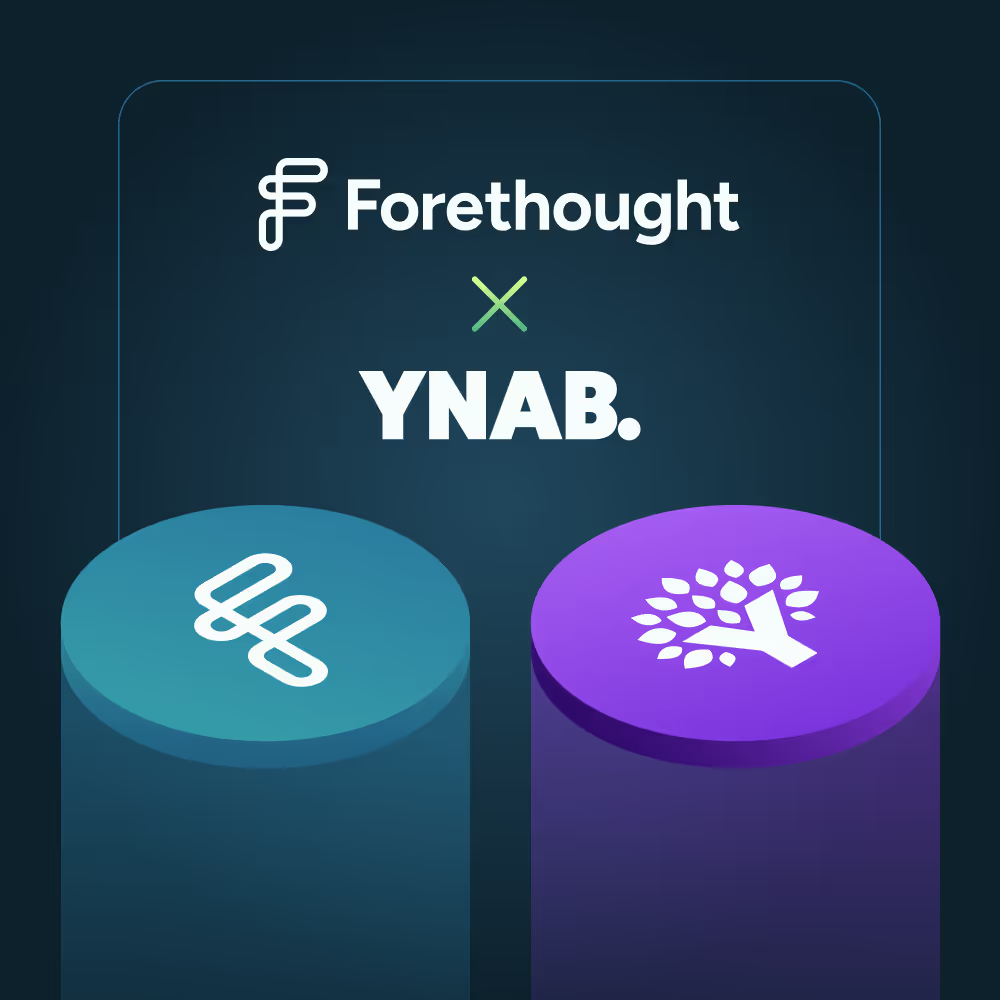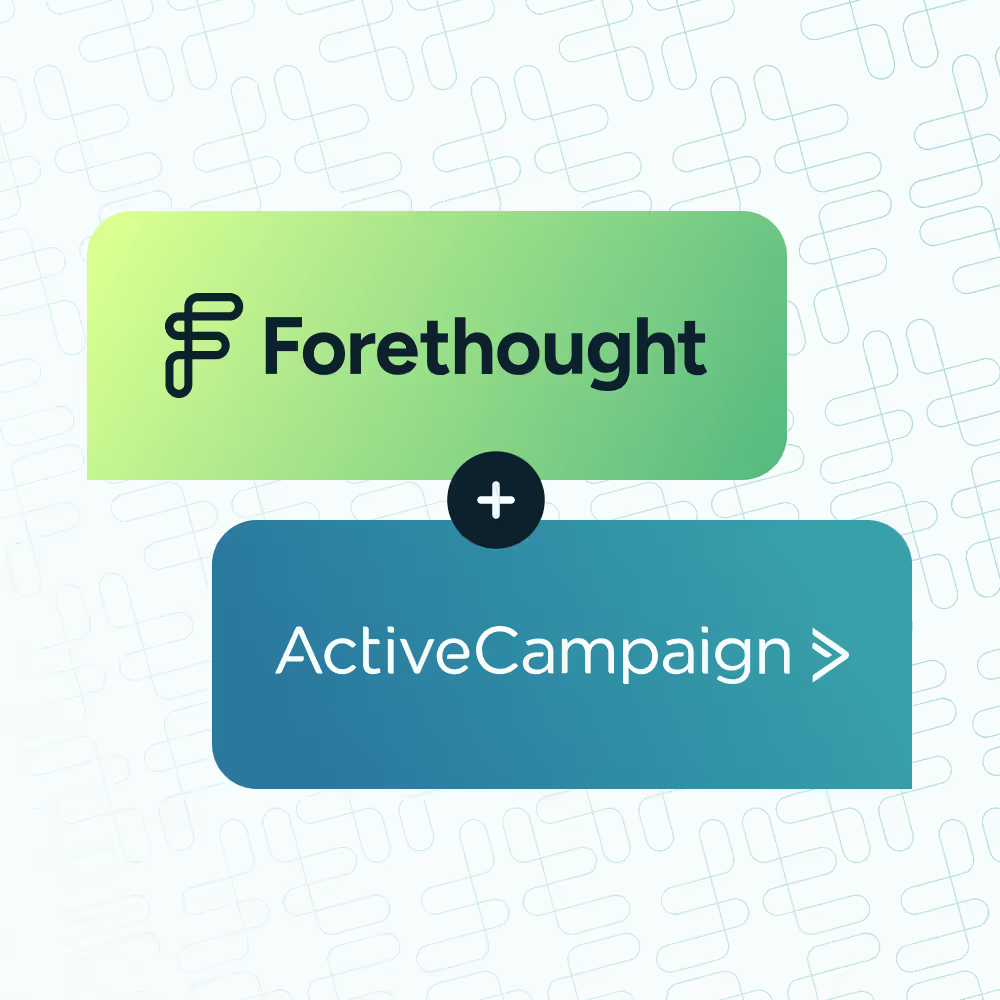
Grammarly is the trusted AI assistant for communication and productivity, helping over 40 million people and 50,000 organizations do their best work. Companies like Atlassian, Databricks, and Zoom rely on Grammarly to brainstorm, compose, and enhance communication that moves work forward. Grammarly works where you work, integrating seamlessly with over 500,000 applications and websites.
Grammarly’s support team uses email and chat to connect with customers who need help
Grammarly is an AI assistant used by millions of people to communicate more clearly. The support team plays a key role in that experience. The team handles a high volume of tickets covering a broad mix of issues, from users who can’t find Grammarly on a page to more specific product-related questions. The support team is used to working across systems and channels to help users get unstuck quickly.
CHALLENGES
Grammarly outgrew traditional chatbots and needed something smarter
Grammarly had experience with chatbot tools before Forethought. The team started small—one early version was built just to help users who couldn’t see Grammarly on their website. It was functional but limited. Think menu-based interactions like pressing a button and getting a canned response. But Grammarly did see the value in a chat-based support experience, so they later invested in a more advanced solution.
It was their first serious attempt at scaling automation across multiple topics. But that tool came with tradeoffs. The bot couldn’t understand the context. It handled one-off questions, but follow-ups broke the thread. Users would rephrase or ask something adjacent, and the bot had no idea how to connect the dots.
Behind the curtain, the team was doing a lot of manual work just to keep the system running. Every answer had to be written and placed manually. The structure grew into a giant decision tree that was hard to manage and even harder to update.
When their contract came up for renewal, it coincided with a shift in the market. AI was changing fast, and chatbot expectations were changing with it. Grammarly was also expanding its AI capabilities with more product features. So they began exploring new options, including Forethought.
SOLUTION
Grammarly chose Forethought for chat and email deflection
The Grammarly support team took their AI decision seriously and built a detailed evaluation matrix with 70 different criteria. It covered everything from security certifications to real conversational performance. They reviewed several alternative solutions.
Security and the proper certifications were non-negotiable. But beyond that, they needed a tool that could understand complex, varied questions, respond in a way that felt human, and communicate with empathy. Just as important, they didn’t want to spend months on implementation. The solution had to work seamlessly with Grammarly’s existing systems out of the box with limited engineering resources.
Forethought stood out on all fronts. It met every requirement in their review, but what tipped the scale was the team behind the product. Grammarly could ask anything—technical, strategic, detailed—and get a response right away.
"I'm still impressed with the team. When you buy Forethought, you're not just buying a tool—you’re getting real support behind it. And it’s not just one feature either. It’s a combination of solutions that actually work together. Honestly, we got more than we expected." - Tanya Budaieva, Technical Support Specialist
During the evaluation process, Grammarly was impressed with the support from the Forethought team. Calls were easy to schedule, often on the same day. Once they decided to go with Forethought, the entire implementation process felt structured and well-thought-out. They were shown clear steps, summaries, and progress updates, all of which were documented in a shared workspace that kept everything on track. They always felt like they were in good hands.
“A lot of tools look similar on the surface, but when you get into the backend, Forethought gives us control in ways other platforms just didn’t. We can guide the experience where we need to and let it run freely where we’re comfortable. That flexibility is hard to find. And the team has been there for us every time helping troubleshoot, digging into issues, and managing the knowledge base. Even as our volume grows, we know we’re supported.” - Ira Smyk, Technical Support Engineering Manager
In the end, they needed to move fast. And they did. The first version of Grammarly’s Forethought setup went live in just a week and a half, thanks to their highly optimized knowledge base, which helped them train their AI agents easily and quickly.
Grammarly integrates Forethought, the Help Center, and a streamlined ticket funnel to deliver fast, effective support tailored to diverse customer preferences. Together, these tools create a cohesive support experience that meets users where they are.
Forethought’s AI-powered solutions are designed to automate and enhance customer support across channels like chat and email. It uses agentic AI to understand customer intent, enabling full issue resolution without relying on rigid decision trees. By integrating directly with Grammarly’s knowledge base and internal systems, Solve delivers human-like interactions, reduces response times, and improves overall customer satisfaction.
What that means for Grammarly is fewer blockers, less manual overhead, and a support experience that actually keeps up with the product.
RESULTS
Grammarly improved CSAT and deflection with Forethought
Grammarly raised the bar for what AI support could actually do when they chose to work with Forethought. From the beginning, the experience felt more accurate, more responsive, and more human, and the results reflected that feeling.
CSAT jumped to 4.2 out of 5, and deflection rates have remained consistently strong at 87%. A well-maintained knowledge base, thoughtful implementation, and smart API integrations made Grammarly successful from the beginning and allowed Forethought to take meaningful action inside Grammarly’s internal systems.
Key results:
- CSAT tripled to 4.2 out of 5
- Deflection started around 60% and quickly climbed to 87%
- Deflection has never dropped below 80%
- QA confirms the accuracy of Forethought’s resolutions
- API integrations drove a 5–10% gain by enabling deeper system actions
- A strong knowledge base helped achieve high performance from day one
"At Grammarly, delivering an intelligent and personalized customer experience is critical to our mission. Forethought’s multi-agent, omnichannel AI platform has transformed our support operations—achieving a deflection rate of 87%, enhancing personalization, speeding up resolution, and reducing friction for our users. We've also seen a CSAT score of 4.2, reflecting the improved quality of service. More than just a technology partner, Forethought has been a true collaborator, helping us scale customer support intelligently and efficiently." Jakub Kepczynski, Head of Care at Grammarly
FUTURE
Grammarly plans to keep working with Forethought as a close partner on new features
Grammarly looks forward to continuing working closely with Forethought on new features and improvements, especially through email, where user expectations are always rising. What’s made the relationship work so far is the level of support, the flexibility of the platform, and a shared focus on making the customer experience better.
For other teams considering Forethought, Grammarly’s advice is clear: the tool is powerful, but success depends on what you feed it and how you manage it.
"I would definitely advise making a detailed provision of the knowledge base. It’s half the success. The solution is powerful, but it won’t perform well if you don’t have the answers in your knowledge base." —Tanya Budaieva, Technical Support Engineer
Their team also stresses the value of quality control and spot-checking where things fail, identifying patterns, and improving early. They’ve found that consistent reviews of unresolved queries helped them fix gaps before they became real problems. One important factor to consider is how well your internal systems can handle API calls.
"No matter how powerful the chatbot is, if your internal systems can’t take API calls, you’re very limited. If you want the bot to actually perform actions, your documentation and systems need to support it. There’s this idea that a chatbot can just do things, but no tool can unless your backend allows it. That was something we had to overcome, and it made a huge difference." —Ira Smyk, Technical Support Engineering Manager
Grammarly’s approach has always been to automate the simple things so the team can focus on the more complex, higher-value work. That hasn’t changed. If anything, they’re even more motivated to keep going, clearing out the easy tickets so they can spend more time on the ones that actually require a human touch.


